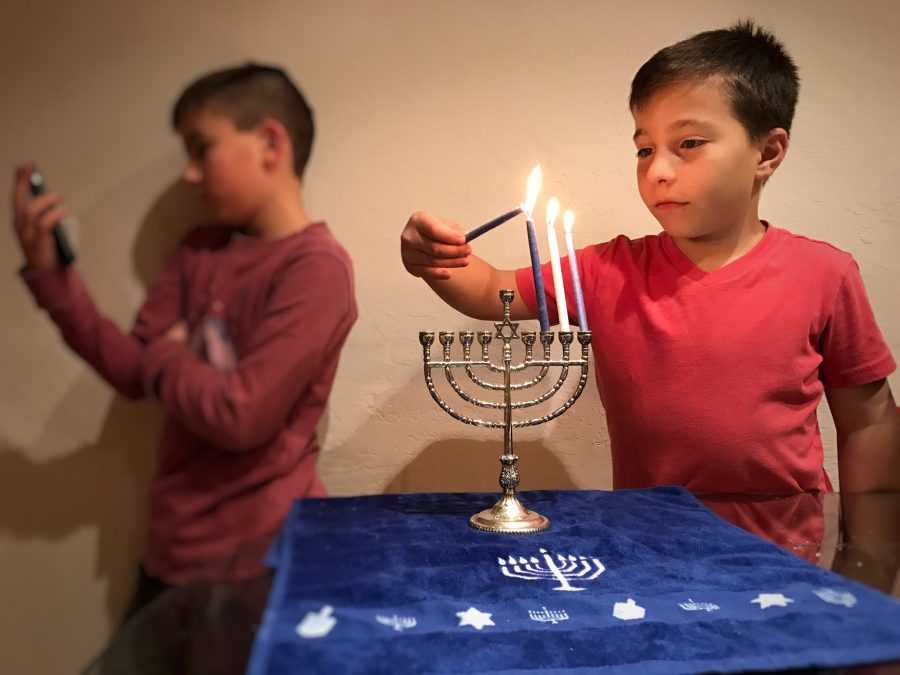During the holiday season, some families prepare by decorating their fresh smelling trees, while others get their Menorah ready to light.
But, there are others who continue their daily lives. Constantly refreshing their Facebook feed because they have nothing better to do.
According to PewResearch, 23 percent of Americans have no connection with any religion and an average of 50 percent of people in each state don’t believe it’s important.
Sophomore Kaylee Leong said, “I am not religious and don’t plan on becoming more religious. I feel I’m just fine.”
In the 1800s, people’s lives revolved around their religion. They did certain activities and made choices because of it. Some countries wouldn’t even accept particular religions, so this affected what most of the population believed in.
Today, particularly in America, society is more open to different religions, but some religions are still discriminated against.
“Religion might be lost in our country because we are Americans, which means many are immigrants, but my parents push hard and don’t want to lose the family’s religious roots that were once deeply implanted,” said sophomore Lilly Joya-Campos.
Freshman Aidan Truel said his dad comes from a Catholic family and his mom from a Jewish one, so he gets a taste of both religions. He considers himself mostly Catholic and only practices Judaism on Jewish holidays such as Passover and Hanukah.
“I usually go to church with my brother and dad on Easter and Christmas, but we don’t go to church every Sunday. I am not opposed to the idea of religion but I do not want to become more religious, nor do I care how religious other people are,” Truel said.
Today’s society views religion differently compared to eras such as the Middle Ages and Renaissance when lives were more often than not fully devoted to it.
Joya-Campos said that since her parents were influenced by religion, they want the same for their children. Her parents made her get confirmed and do other activities within her church to get involved.
In many similar cases, religion is passed down through generations and once it is lost it can be hard to recover.
Joya-Campos also said there are many reasons why someone isn’t religious, one example being a lack of belief, time, or effort.
However, there are still people who take religion very seriously and are dedicated.
Simona Dorf, a mother of three, said that she teaches her children religion because it is important to her.
“We go to church most Sundays. The girls go to Sunday school while I attend the service. Even though my girls are still young and will not grasp the meaning of it until later, they still value it. Religion is important to me because it gives me hope when there should not be hope. It gives me peace and grounds me in the storms of life. It lets me see the beauty and grace of God in the beautiful moments. Ultimately, it gives my life purpose and meaning,” Dorf said.
Beliefs are learned from parents, but people still have personal beliefs, however, if no beliefs or perspectives are given to a person, it might be harder for him or her to become religious.
“It is a personal choice on whether or not being religious is important, but in the end, it is what you make of it,” Joya-Campos said.











